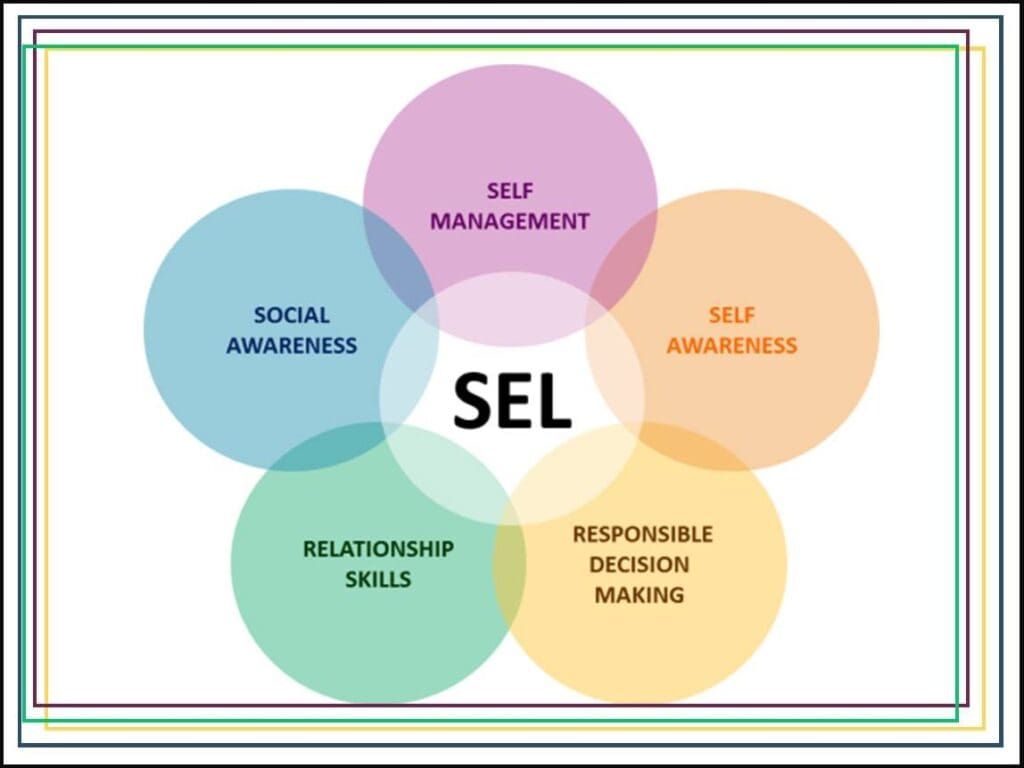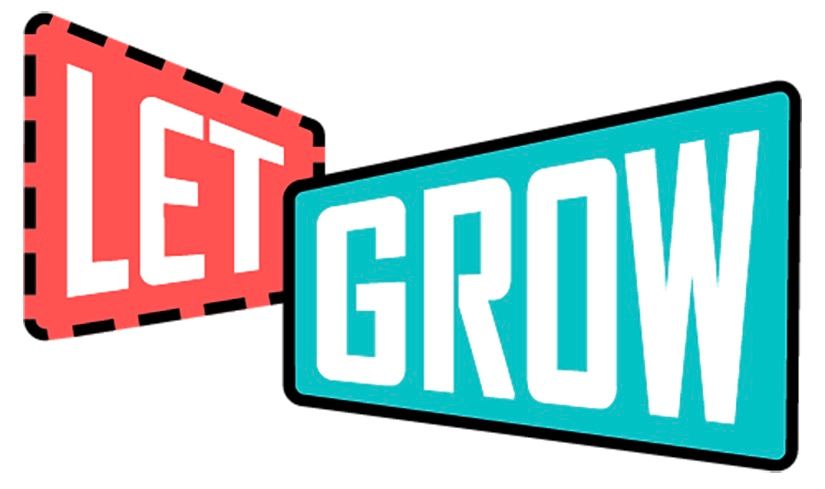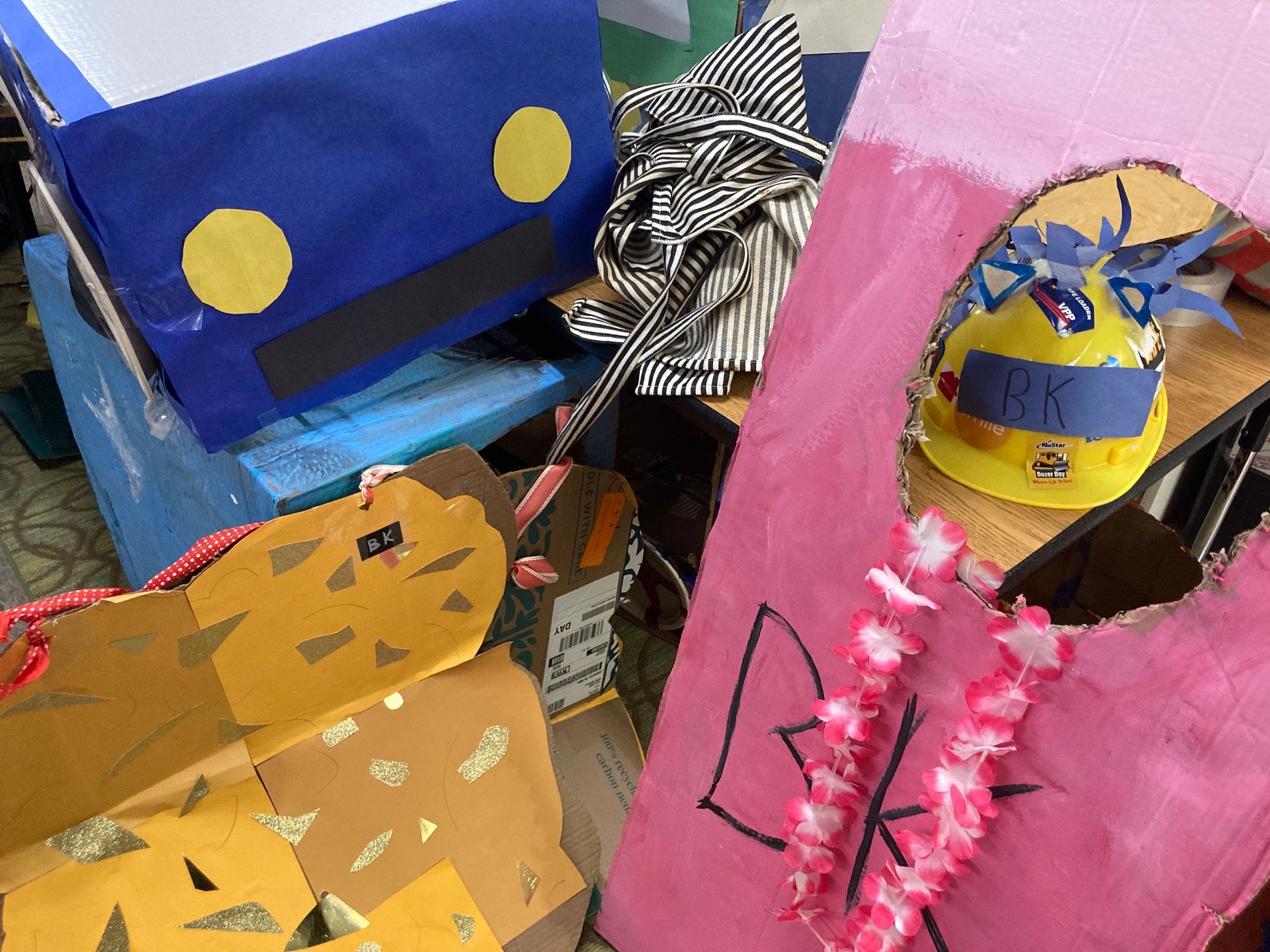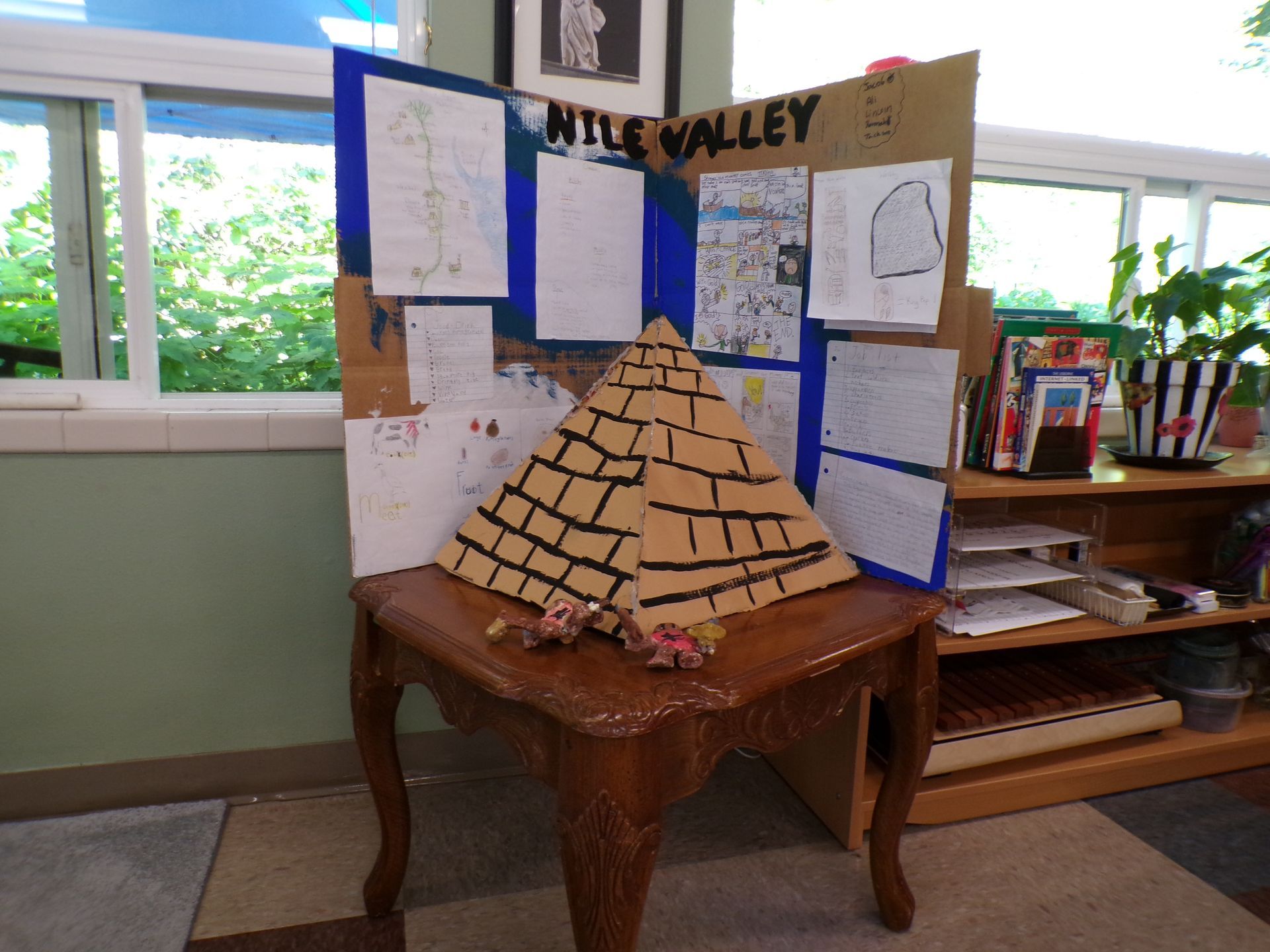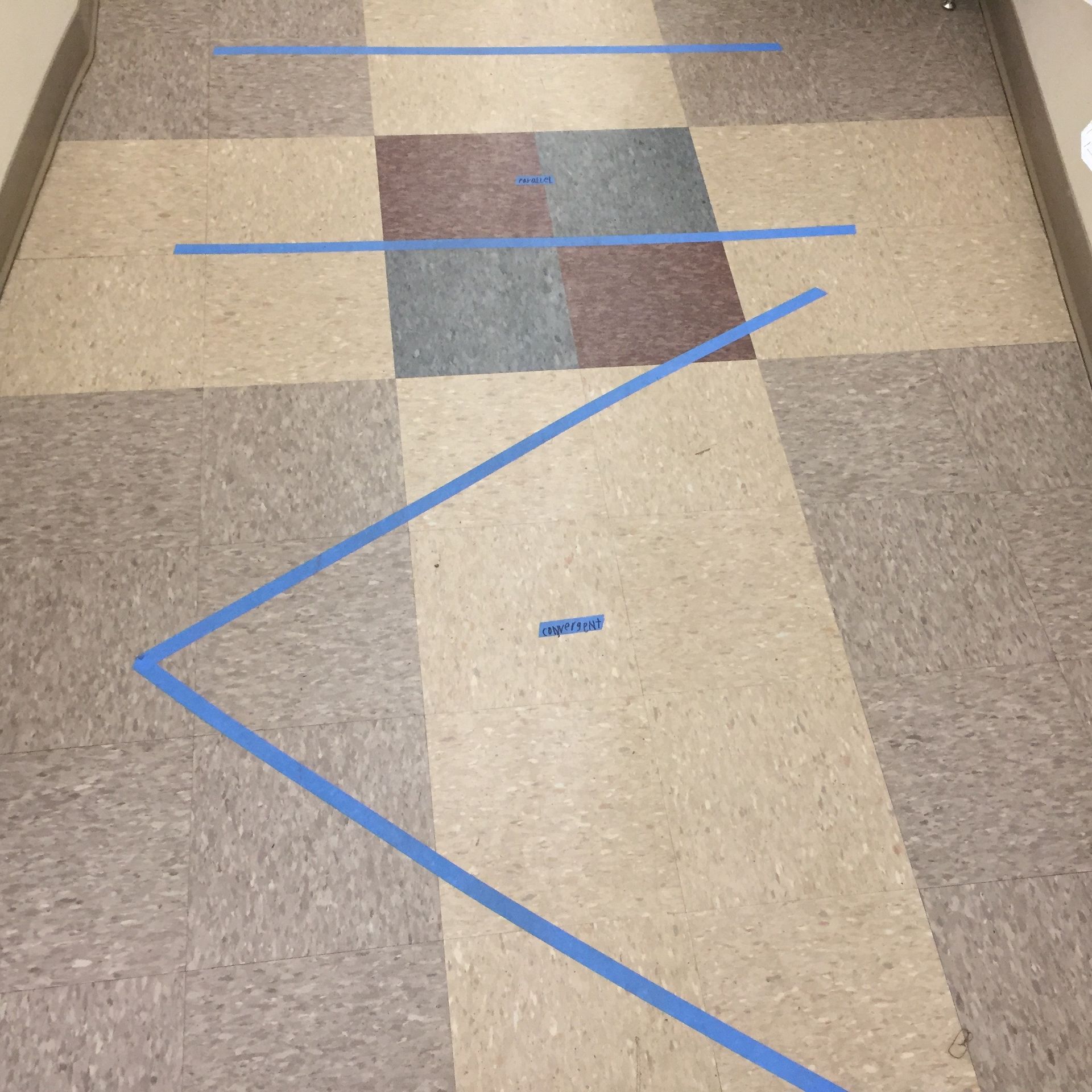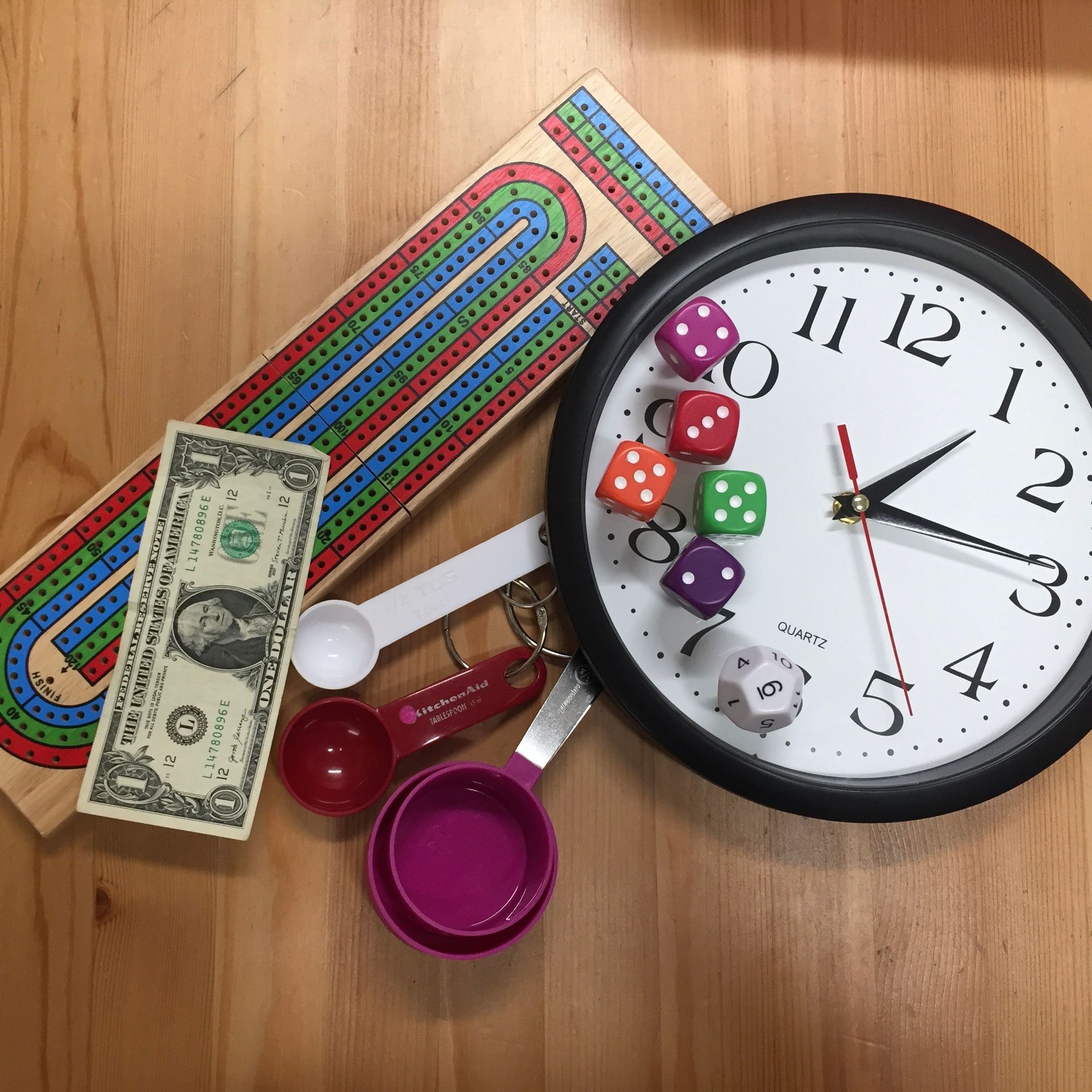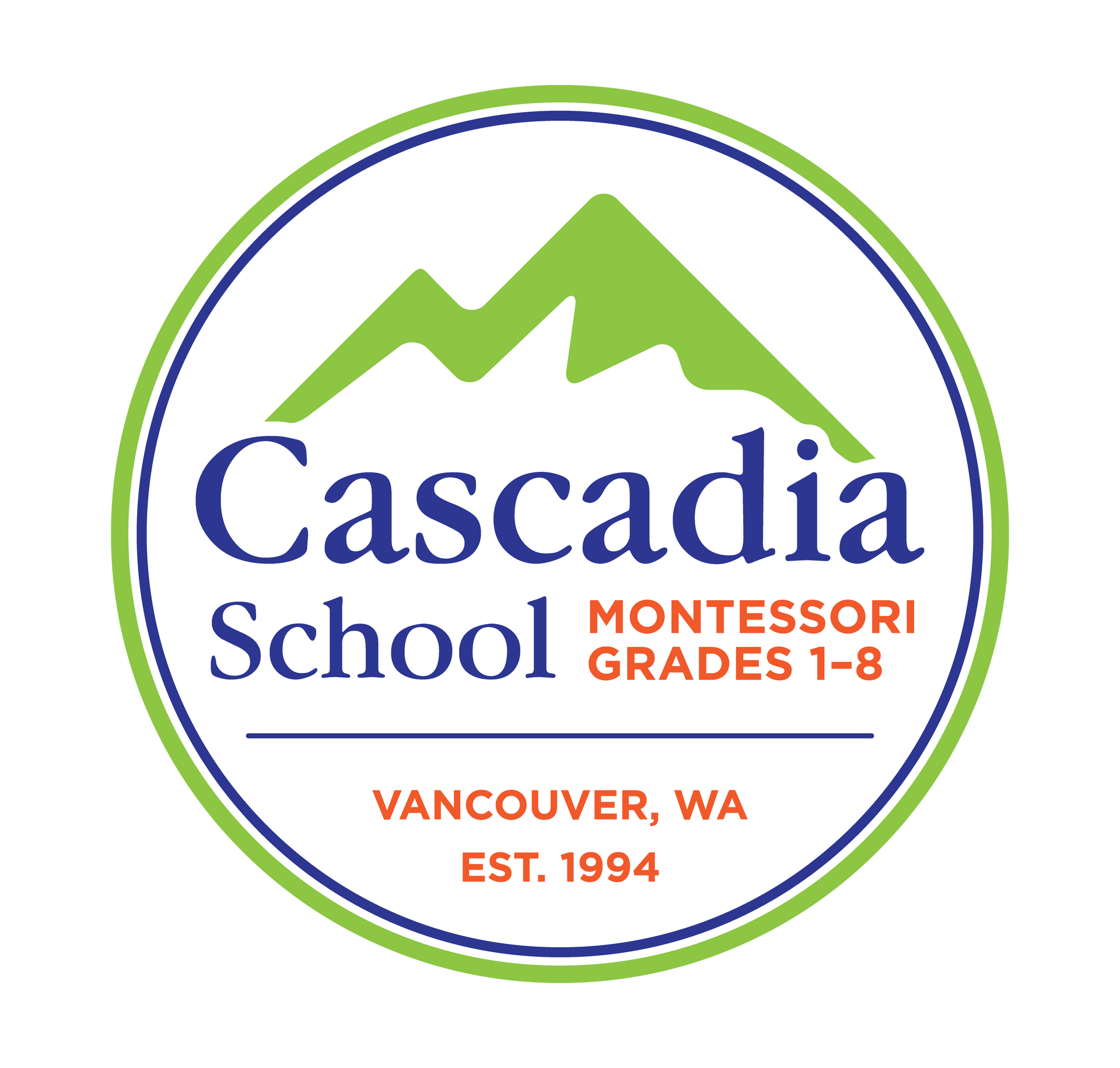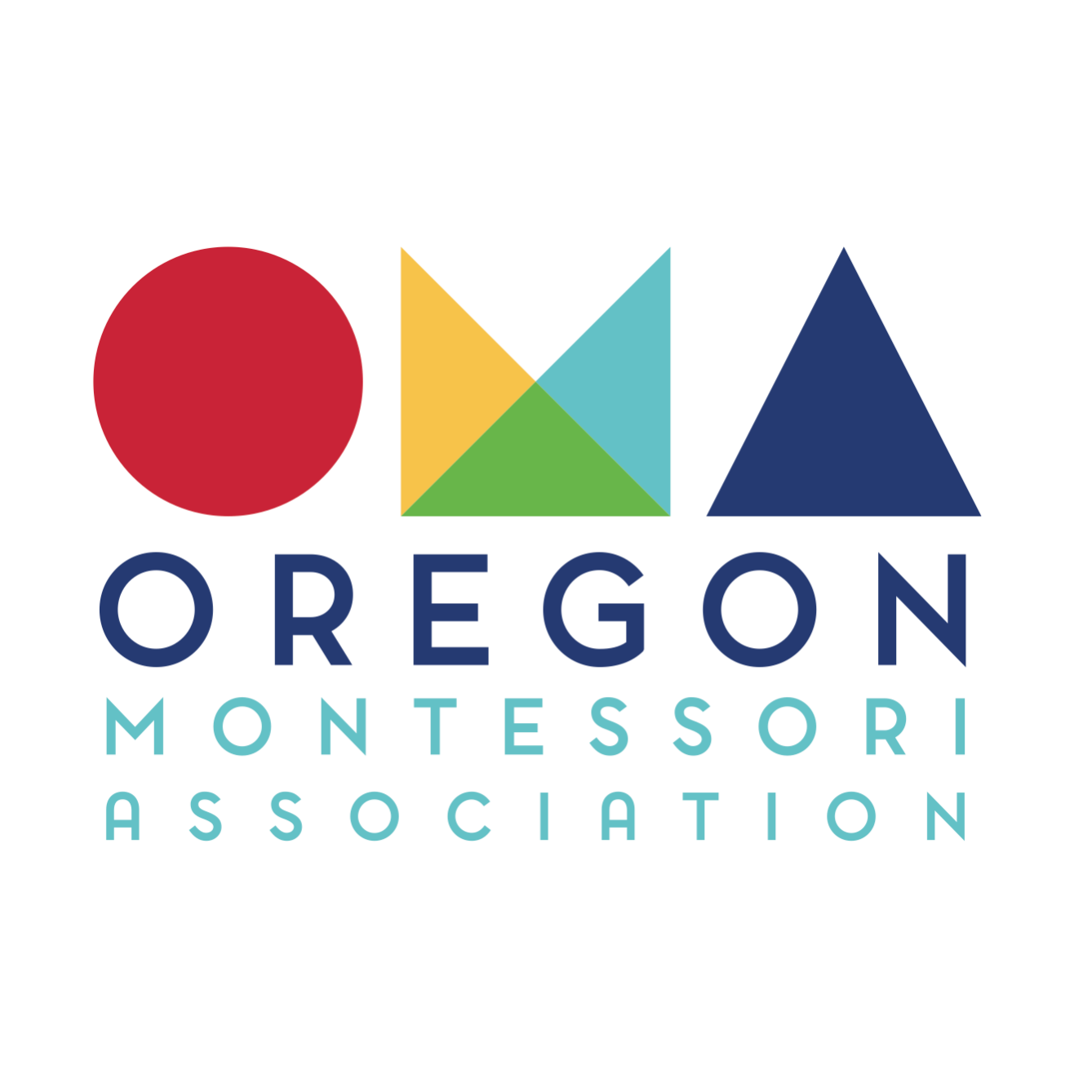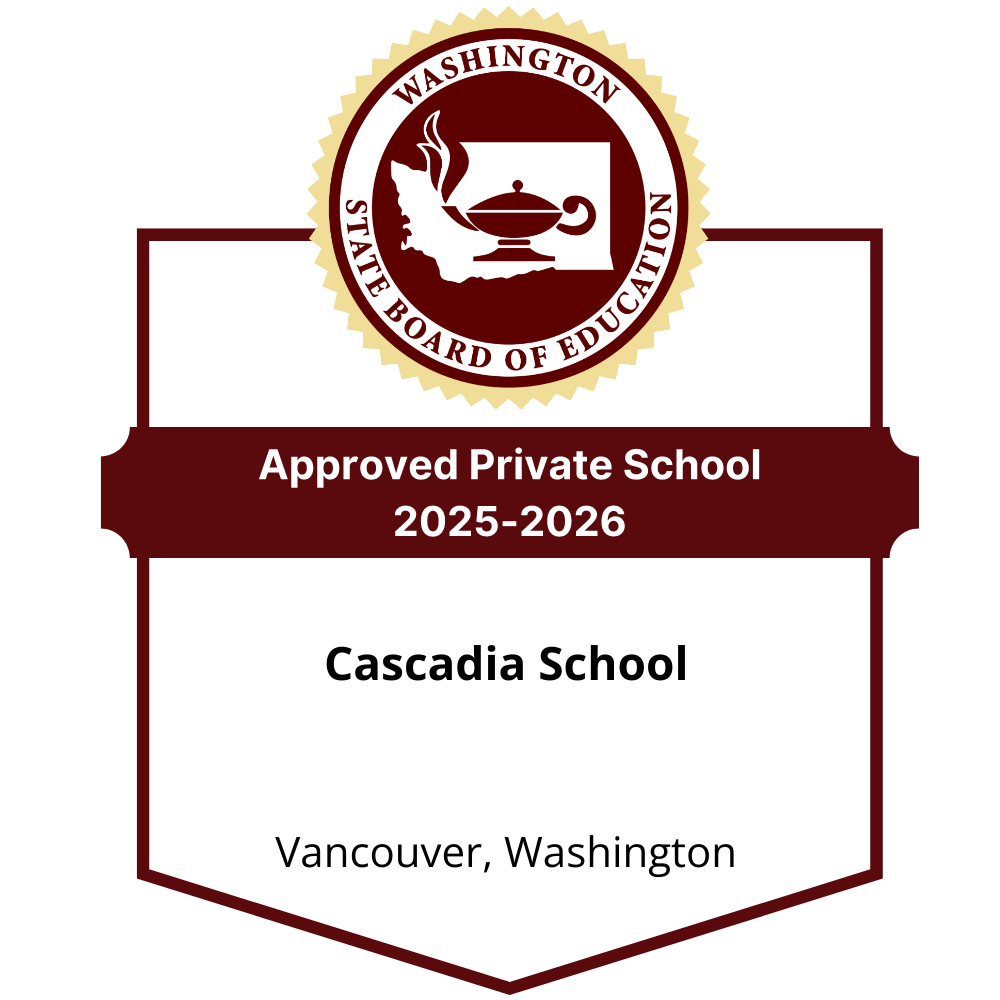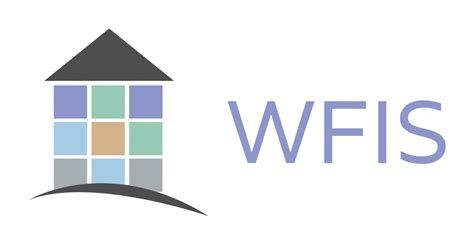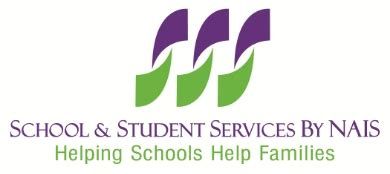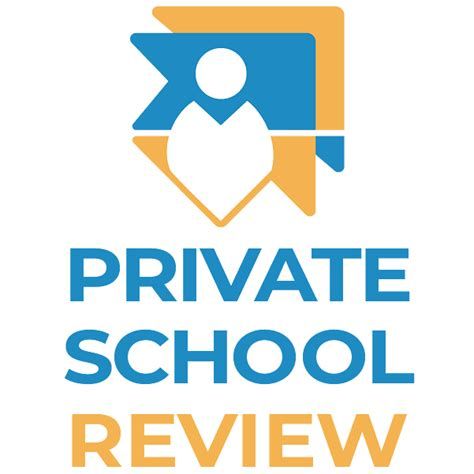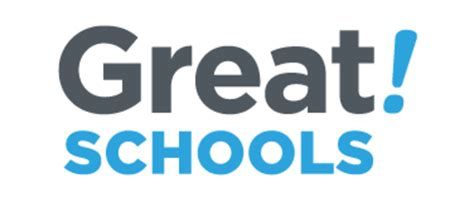Montessori and Orff Music
Dear Maria,
Cascadia has a budding Orff Music program. What is Orff music? How do Montessori and Orff connect?
Sincerely,
Music Lover
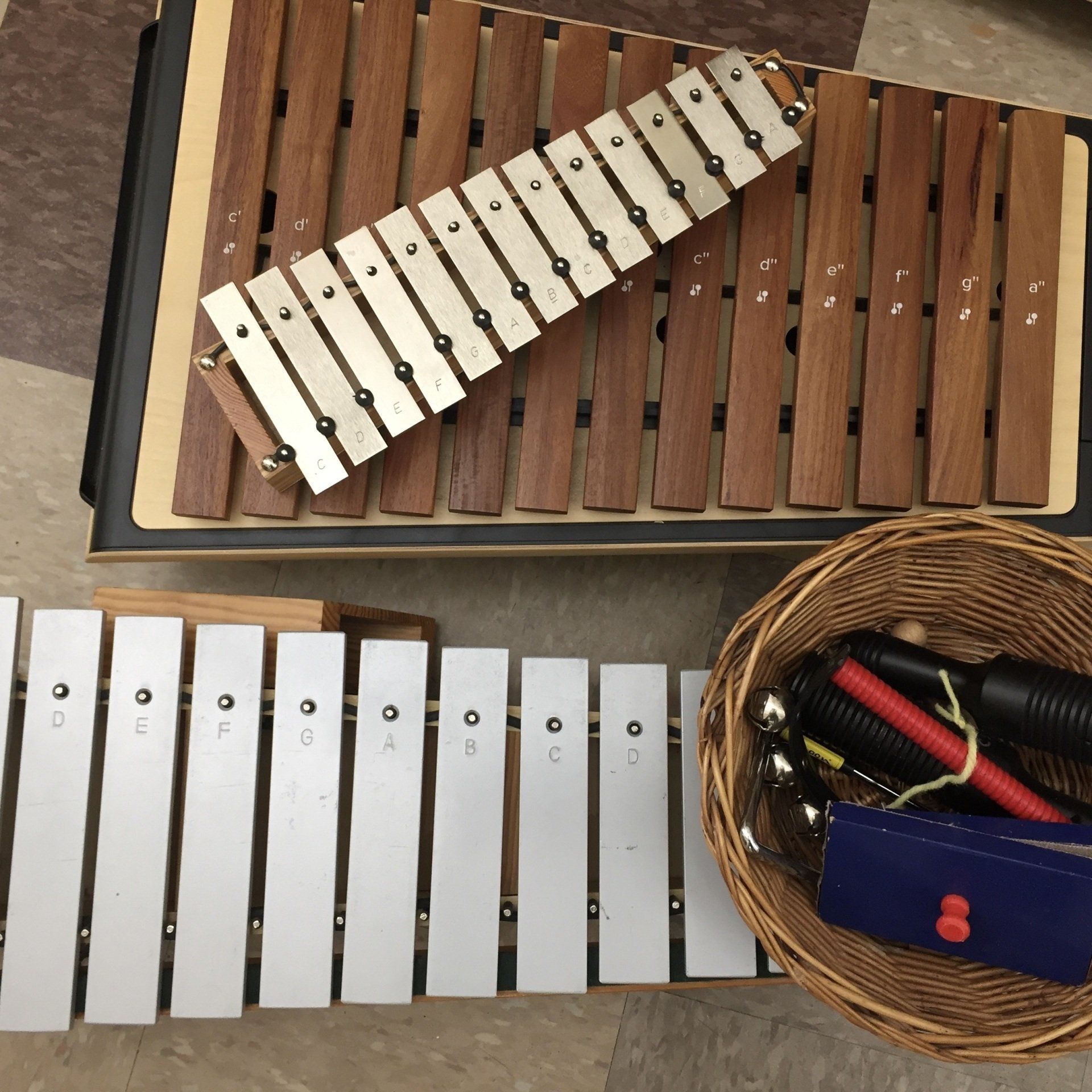
Dear Music Lover,
Orff music is named for German composer (Carmina Burana) & teacher
Carl Orff
(1895-1982). Orff was the music educator at the innovative dance school Gunterschule in Munich, where he met Gunhild Keetman, a student and later teacher there. The school was deemed “degenerate” by the Nazi regime and Orff was blacklisted, but Keetman and Orff were able to continue work together after WWII, and developed a music education system for children, “Musik für Kinder” (listen to some pieces
here!). In post-war Germany, they developed special instruments and composed pieces for children that enabled children to quickly jump into music-making together. Some of the first xylophones (made by
Studio-49, which continues to produce Orff instruments today) were made from old cabinets and other wood from bombed out buildings!
Orff pedagogy was a change from traditional music education, stepping away from lectures and instruments that are only able to be mastered after years of lessons and hours of practice. Central to Orff pedagogy is seeing music in elemental parts: speech, rhythm, melody and movement, and using approachable methods to help children grow in their musical ability and understanding. “Elemental music is never just music. It is bound up with movement, dance and speech, and so it is a form of music in which one must participate, in which one is involved not as a listener but as a co-performer” (Carl Orff).
Children already have innate understanding of rhythm through their experience with words and rhymes and the rhythm of movement (walking, running…). Many children’s group games include rhythm, melody and rhythmic movement, and Orff music makes use of these well-loved games and songs. “Sing, say, dance, play” is what Orff music is all about.
Orff is incredibly compatible with the Montessori philosophy, in that it isolates difficult concepts, offers simple steps and uses materials (barred instruments, unpitched percussion, recorders…) that enable children to participate relatively quickly. Orff music, like Montessori, is essentially “learning by doing”.


